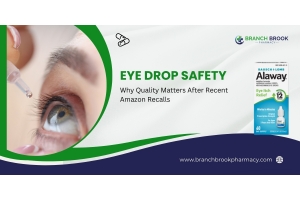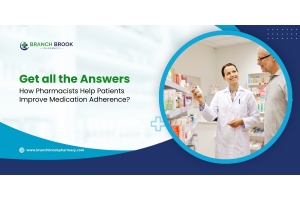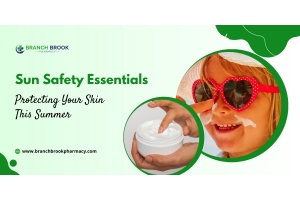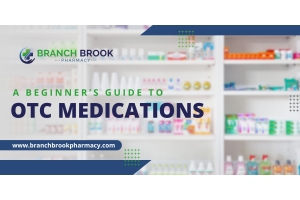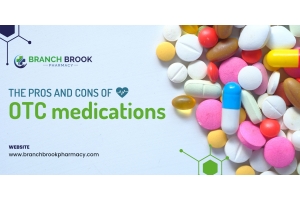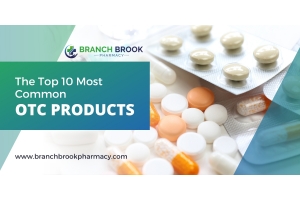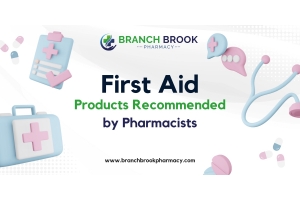The Spring Allergy: Treatment & Prevention
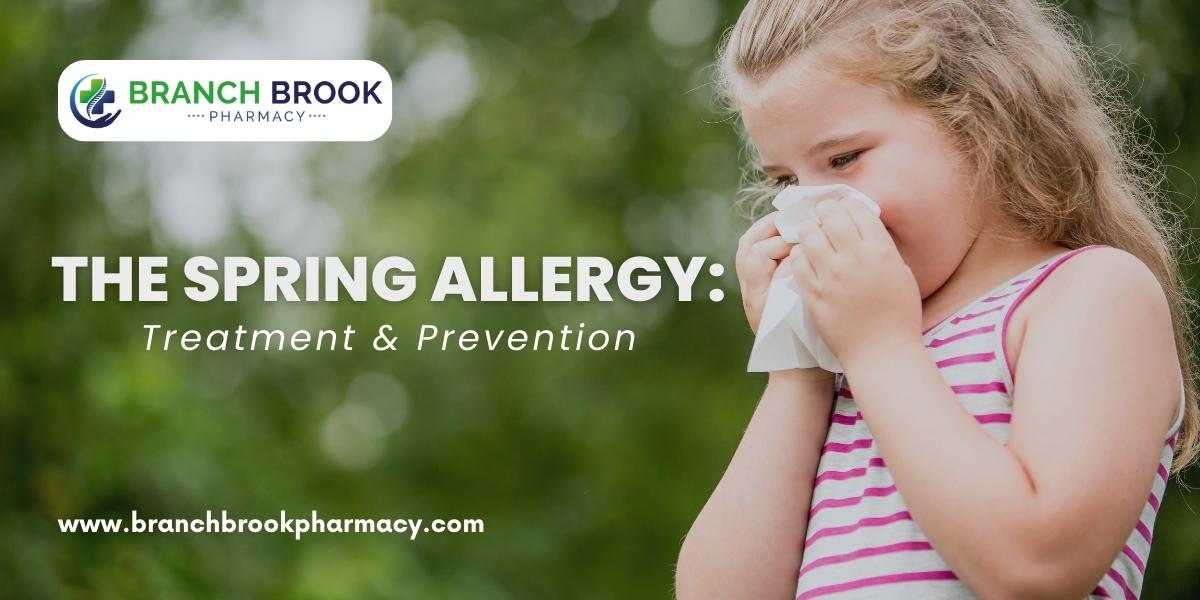
It is common to suffer from spring allergies. As plants bloom and pollen rises, susceptible people may experience allergic reactions. As a result of histamine release, pollen allergies cause inflammation and irritation.
There are several things allergy sufferers need to be aware of to prevent and cure spring allergies. Allergies can lower the quality of life due to sneezing, itchy eyes, runny noses, and allergies congestion. This blog aims to understand Spring Allergy better and devise measures to prevent and treat it.
Symptoms of Spring Allergies
The symptoms of spring allergies can vary from person to person, but some common ones include the following:
- Sneezing
- Itchy, watery eyes
- Runny nose
- Congestion
- Postnasal drip
- Coughing
- Wheezing
- Headaches
- Fatigue
Spring allergies can be challenging to identify from other diseases, such as the common cold or flu. On the other hand, allergies tend to stay longer and do not result in a fever. Allergy symptoms, such as itchy eyes and a runny nose, are also more particular, but cold symptoms, such as a sore throat and body aches, are universal.
You should consult a doctor for an appropriate diagnosis if you have spring allergies. Your doctor can run tests to discover which allergens are causing your symptoms and recommend the best action. The following part will review the many types of allergies and how they differ from spring allergies.
Prevention of Spring Allergies
"Prevention is better than cure," indeed! These few steps, if followed, can keep you away from Spring Allergies.
- Evaluate pollen levels and plan outside activities accordingly. Pollen concentrations are higher in the morning and on windy days.
- Stay indoors on windy days and early mornings when pollen levels are more significant.
- Close windows to avoid pollen. Use air conditioning but change the filter regularly.
- To minimize allergies, use a HEPA air filter.
- Wash bedding regularly: Wash pillows and comforters in hot water to eliminate allergies.
- Shower and change your clothes: After being outside, shower and change your clothes to remove any pollen.
- Avoid allergen triggers: Smoking, pet dander, and mold can aggravate allergies.
- See a doctor if you have severe allergies or are considering starting a new medication.
Treatment of Spring Allergies
While over-the-counter drugs and natural therapies can help with spring allergy symptoms, some people may require prescriptions to control their allergies. Here are some prescription drugs commonly used to treat spring allergies:
Antihistamines block histamine, a substance the immune system produces that causes allergy symptoms. Cetirizine (Zyrtec), loratadine (Claritin), and fexofenadine are examples of common antihistamines (Allegra).
Decongestants are medications that relieve nasal congestion by constricting blood vessels in the nasal passages. Pseudoephedrine (Sudafed) and phenylephrine are two common decongestants (Sudafed PE).
Nasal corticosteroids are drugs that helps improve allergy symptoms by reducing inflammation in the nasal passages. Fluticasone (Flonase), mometasone (Nasonex), and budesonide are examples of common nasal corticosteroids (Rhinocort).
It's important to note that certain medications may have adverse effects, so talk to your doctor before using them. Drowsiness, dry mouth, headache, and nausea are all possible adverse effects of these drugs.
OTC Products for Quick Relief
Spring allergy symptoms can be relieved quickly with over the counter (OTC) medications. Here are some popular alternatives:
XYZAL Allergy 24HR Tablets contain the antihistamine levocetirizine, which can help reduce allergy symptoms such as sneezing, itching, and a runny nose. These can provide relief for up to 24 hours if taken once a day.
While not primarily developed for allergies, Cold-Eeze Cold Remedy can help relieve symptoms such as congestion and sore throat caused by allergens or the common cold.
Children's Claritin Chewables Grape Flavour allergy medication contains the antihistamine loratadine, a grape-flavored chewable tablet. It can aid in the relief of allergy symptoms such as sneezing, runny nose, and itchy eyes.
GenTeal Tears Lubricant Eye Drops can treat dry, itchy eyes, a frequent allergy complaint. They provide immediate relief by hydrating and lubricating the eyes.
It is critical to realize that while these products can provide temporary relief, they are not a solution for allergies. Before beginning any new medicine, always discuss it with your doctor, especially if you are on other medications or have underlying health conditions.
Conclusion:
Seasonal allergies can be a real pain in the springtime. But there are many things you can do, from OTC and natural remedies to prescription drugs and lifestyle changes, to prevent and manage your symptoms. If you are proactive about managing your springtime allergies, you can fully appreciate the season without being troubled by sneezing, itchy eyes, and a runny nose.
Also Read: Pharma Marketing in a Nutshell - Branch Brook Pharmacy

